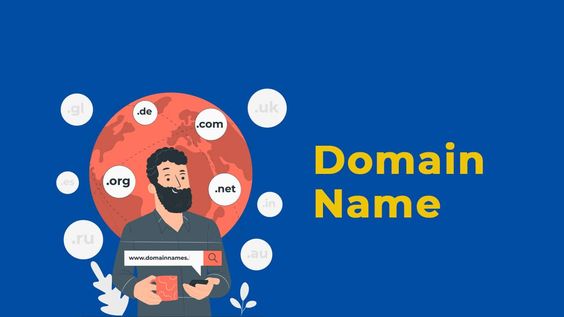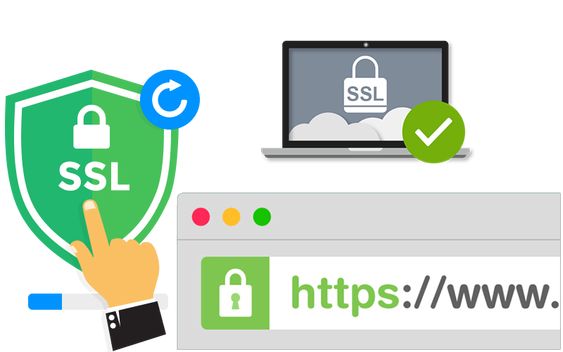
Demystifying Web Hosting: A Beginner's Guide
In the digital age, having a strong online presence is essential for businesses of all sizes. Whether you’re a budding entrepreneur, a freelancer, or a well-established company, having a website is a fundamental aspect of reaching your audience and showcasing your offerings. But what exactly is web hosting, and why is it crucial for your online success?
1 – Understanding Web Hosting
In simple terms, web hosting is like renting space on the internet to store and serve your website files. When someone types your domain name into their web browser, their device connects to the server where your website files are stored, allowing them to view your site. Think of web hosting as the foundation that supports your online presence.
2 – Types of Web Hosting
here are various types of web hosting, each catering to different needs and budgets:
- Shared Hosting: Ideal for beginners or small websites, shared hosting involves multiple websites sharing resources on the same server, making it cost-effective.
- Virtual Private Server (VPS): VPS hosting offers more flexibility and control than shared hosting. It partitions a physical server into multiple virtual servers, allowing each website to have its dedicated resources.
- Dedicated Server: With dedicated hosting, you have an entire server dedicated to your website. This option provides maximum performance, security, and customization options but comes at a higher cost.
- WordPress Hosting: Specifically optimized for WordPress websites, this hosting type offers features tailored to the platform, such as one-click WordPress installation, automatic updates, and specialized support.
3 – Key Features to Look For
When choosing a web hosting provider, consider the following key features:
- Reliability: Ensure the hosting provider offers reliable uptime guarantees to prevent downtime and keep your website accessible to visitors.
- Security: Look for features like SSL certificates, malware scanning, and regular backups to protect your website from cyber threats.
- Scalability: Opt for a hosting solution that can accommodate your website’s growth. Scalable options like VPS or dedicated hosting allow you to easily upgrade resources as needed.
- Customer Support: Choose a hosting provider known for responsive and knowledgeable customer support. In case of any issues or questions, you want to have reliable assistance available.
4 – Conclusion
In conclusion, web hosting plays a crucial role in establishing and maintaining your online presence. By understanding the different types of hosting and key features to look for, you can make an informed decision that aligns with your website’s needs and goals. Remember, investing in reliable and secure web hosting is an investment in the success of your online venture.
Ready to take your website to the next level? Explore our web hosting solutions at AmiralByte and embark on your digital journey with confidence.







